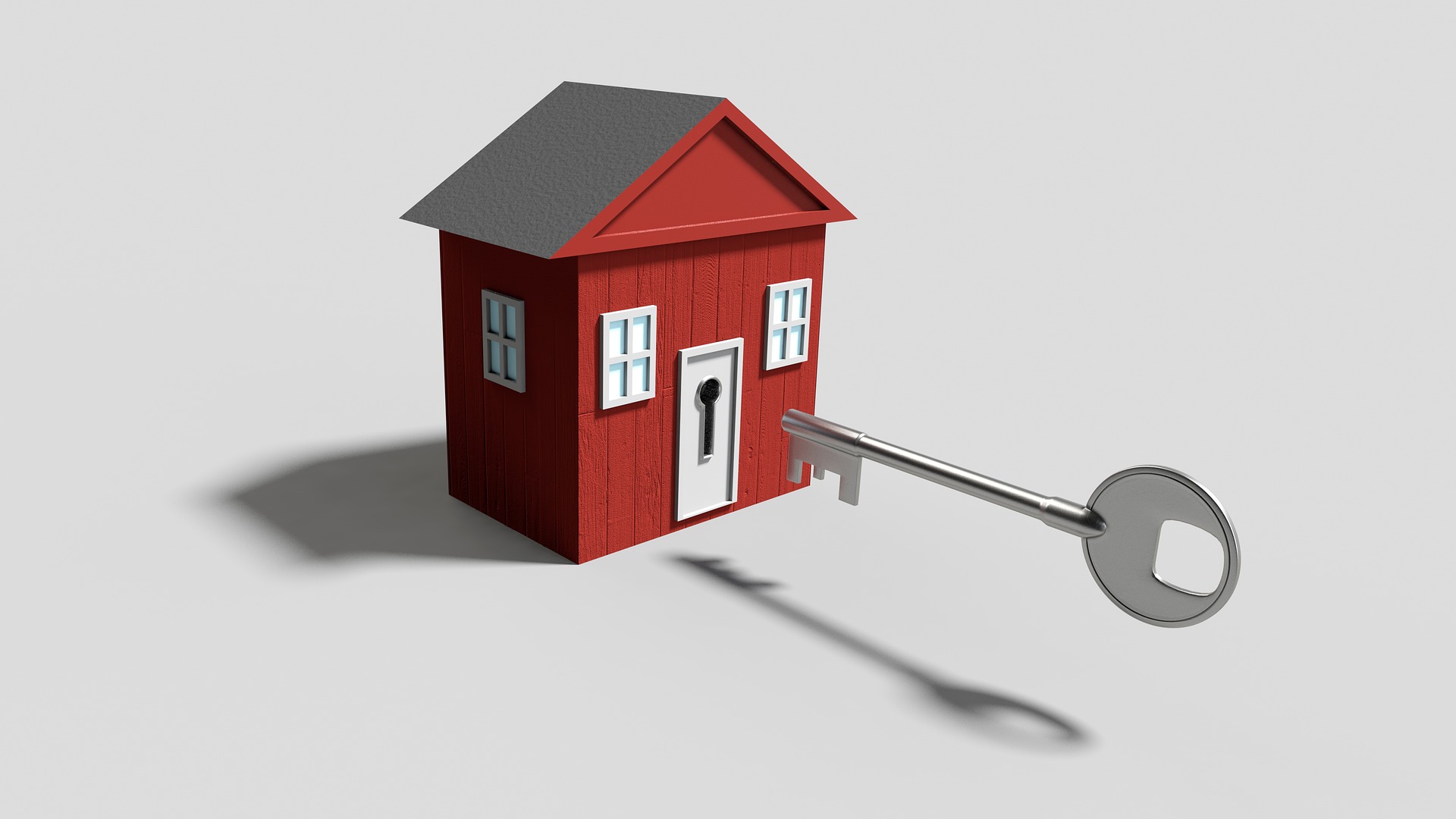When making a decision to buy a home, it is important to bear in mind that not only do you have to pay the price of the property, but also have to pay a series of compulsory expenses, whether with or without mortgage, there are costs " Additional "that must be taken into account so that there are no surprises.
If the purchase is to be made through a mortgage loan, a series of independent expenses are generated:
- The appraisal of housing: an independent expert will do an appraisal of the property for the financial institution. Normally the certification will not be valid to apply for the loan in another entity.
- Check in the Property Registry: it is for the bank to have the assurance that the house is free of charges before granting the mortgage.
Based on this assessment (300-400.- €) will know the possible buyer if you can make the purchase or not since normally the banks give 80% of the lowest price between the purchase and said valuation, so it is very important Be clear the amounts to be paid.
The costs borne by the buyer are:
- The purchase price of the home.
- The expenses of writing mortgage credit, if any.
- VAT, 10% of the cost of housing if it is a new work or the tax on property transfers if it is a second hand home (Catalonia is 10%).
- The minutes of the notary to whom the public deed of sale is granted, unless it is agreed to pay it half-way with the seller.
- The expenses of the registration in the Property Registry and the expenses of said management, if done by a third party, unless it is agreed to pay it half with the seller.
- If a mortgage loan is requested, the loan opening expenses.
- Property fees if the purchase is made through this.
- The expenses of discharge and / or change of the holder of the services of water, electricity, gas, etc.
- The insurance, as a minimum, of the risks arising from fortuitous causes, force majeure and damages to third parties.
Description of expenses:
- Notary: the notary's fees when writing the sale and if there is a mortgage, deed of mortgage loan, subrogation in a pre-existing mortgage, etc .... These fees are regulated by the administration and depend on the price of the property.-Taxes imposed on the sale: there are two different taxes depending on whether the house is new or second hand.
- Taxes levied on the sale: there are two different taxes depending on whether the house is new or second-hand.
- New housing (first transmission): the tax levied on this property is VAT (value added tax), the amount is calculated by applying a percentage over the book value. This percentage is 10% in free housing or official protection, and 4% in housing classified as special regime official protection.
In general, and whenever the sale of a home is subject to VAT, the AJD (Tax of Documented Legal Acts) must also be paid. The type to apply varies depending on the autonomous community of residence and the type of document. In Catalonia at the moment it is the 1.5% and in the protected houses is of 0.1%.
When a mortgage is constituted, the Tax of documented legal acts (AJD), which represents 1% of the guaranteed capital, must be settled.
- Second-hand housing or subsequent transmissions: the tax levied on this type of property is the ITP (Regional Tax on Transfer of Assets) and varies depending on the autonomous community, ranges from 5% to 10% of the price. There are bonuses / reductions in VPO.
Remember that Hacienda can claim a higher payment to the buyer if it considers that the home is worth more than what has been paid for it. Each CCAA has a minimum price table and on them the minimum value of each property is calculated in 2017. For example in Barcelona is the cadastral value X 2,20 = Minimum value. In some CCAA there are bonuses for large families, disabled and / or young people in Catalonia is 5%.
When a mortgage is constituted, the Tax of documented legal acts (AJD), which represents 1% of the guaranteed capital, must be settled.
- Minutes of property registration: the deed of sale of the property must be entered in the property register and if there is a mortgage, it is also entered as a charge on the property. These rates are officially regulated and are applied by calculating the taxable amount of the property and / or loan.
- Expenses of management: these are the fees of the manager to carry out all the necessary procedures for the liquidation of taxes and the registration in the Property Registry. The rates of the managers are not fixed and, therefore, it is advisable to know if the agency that carries the documentation offers reasonable prices.
- Expenses of discharge and / or change of the holder of water, electricity, gas, etc. services.
- Insurance:
- Insurance coverage is mandatory by law on housing in case of a mortgage loan. Covers only the continent (the structure). In case of total loss of the property, the insurer will settle the outstanding debt to the financial institution and the rest until the amount covered will be delivered to the insured.
- Multi-risk housing insurance: includes both the continent and the content (from appliances, jewelry and furniture to civil liability to third parties).
- Life insurance or loan repayment: covers the contingencies of death, absolute disability and permanent disability. Normally does not cover partial disability.
Usually the sum of these expenses is around 10 or 15% of the value of the house.

